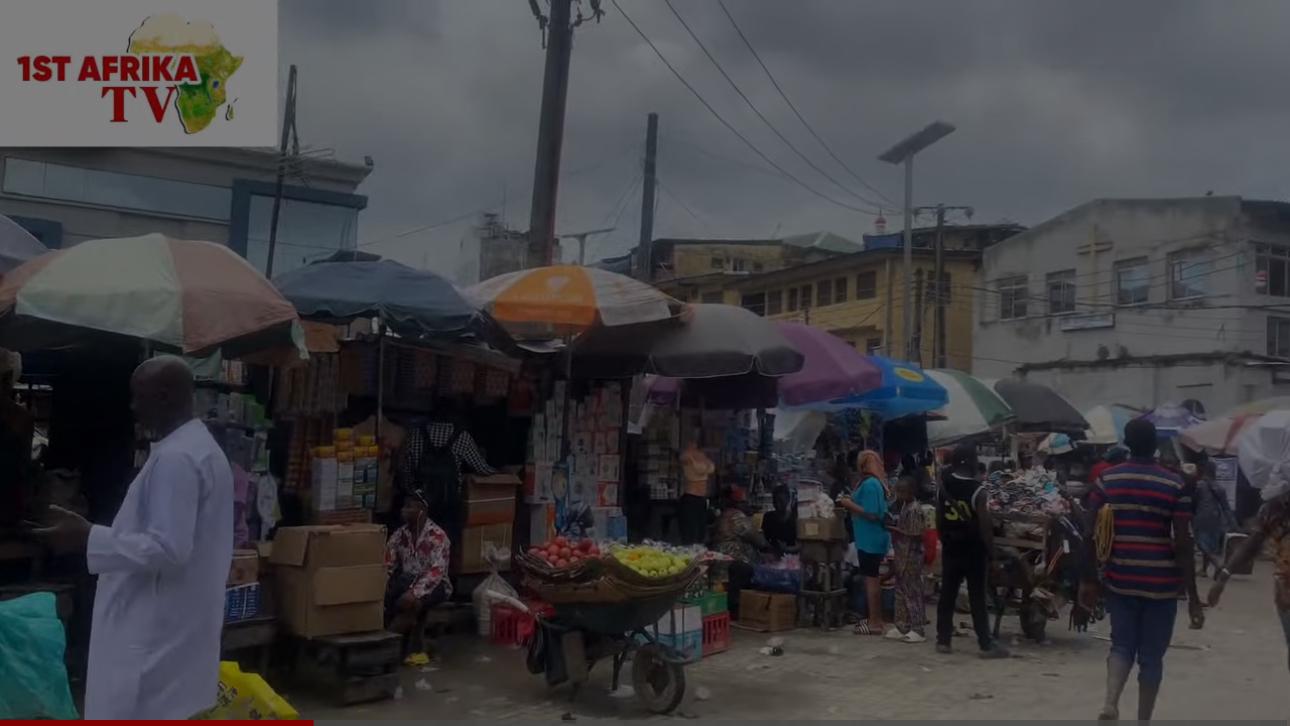Nigerians are currently navigating through a period of significant economic challenges marked by austerity measures and a harsh economic environment. The combined effects of inflation, unemployment, and reduced government spending have deeply impacted the daily lives of citizens across the country.
Economic Context:
Nigeria’s economy has been under strain due to various factors, including fluctuating oil prices, the COVID-19 pandemic, and internal security issues. These have contributed to a decrease in government revenue, prompting austerity measures such as subsidy cuts and increased taxes. The International Monetary Fund (IMF) and World Bank have also pressured the government to adopt stricter fiscal policies to stabilize the economy.
Impact on Daily Life:
Inflation and Cost of Living:
– Rising Prices: The inflation rate in Nigeria has soared, with food prices hitting record highs. Basic commodities like rice, bread, and cooking oil have become more expensive, straining household budgets.
-Energy Costs: The removal of fuel subsidies has led to higher fuel prices, increasing transportation costs and affecting the cost of goods and services. Electricity tariffs have also risen, adding to the financial burden on households.
. Unemployment and Job Security:
– Job Losses: Many businesses have downsized or closed due to economic pressures, leading to increased unemployment. The informal sector, which employs a large portion of the population, has been particularly hard-hit.
– Youth Unemployment: The youth unemployment rate remains alarmingly high, exacerbating social issues and contributing to increased crime rates and unrest.
. Public Services and Infrastructure:
– Healthcare: The healthcare system, already underfunded, has struggled to cope with increased demand. Many Nigerians face difficulties accessing quality healthcare services.
– Education: Cuts in government spending have affected the education sector, leading to strikes by teachers and disruptions in academic calendars.
Coping Mechanisms:
Entrepreneurship and Side Hustles:
– Many Nigerians have turned to entrepreneurship and side jobs to supplement their income. Small businesses, often based on skills such as tailoring, hairdressing, and tech services, have become common.
Community Support Systems:
– Family and community networks play a crucial role in providing support. Sharing resources and communal living arrangements help mitigate some of the financial pressures.
Migration:
– Some Nigerians seek opportunities abroad, resulting in increased emigration. Remittances from the diaspora have become a vital source of income for many families.
Government and Policy Response:
Economic Recovery Plans:
– The Nigerian government has launched various economic recovery plans aimed at stimulating growth and creating jobs. These include infrastructure projects, agricultural initiatives, and support for small and medium-sized enterprises (SMEs).
Social Intervention Programs:
– Programs such as the Social Investment Program (SIP) aim to alleviate poverty through cash transfers, school feeding programs, and youth employment schemes.

Monetary Policy Adjustments:
– The Central Bank of Nigeria (CBN) has implemented measures to stabilize the currency and control inflation, although the effectiveness of these policies is still debated.
Conclusion:
Nigerians are exhibiting resilience in the face of economic adversity, leveraging entrepreneurial spirit, community support, and adaptability to navigate challenging times. However, the need for effective government policies and sustainable economic reforms is crucial to ensure long-term stability and growth. The current economic landscape highlights the importance of addressing structural issues and investing in human capital to build a more resilient economy for the future.

